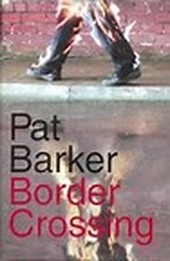
Imagine you’re out for a walk one weekend and see a young man swallow handful of pills and jump into the river. Without thinking – or perhaps even as a distraction from the torment of your failing marriage – you strip off your heavy coat and plunge into the river to save him. Much later, after the ambulance has driven him away and you’ve sloughed off the river’s mud in a hot bath, you realise you’ve got the young man’s coat and, more to the point, he’s got yours, with a set of spare house keys in the pocket, along with a bunch of letters bearing your name and address. So you hot-foot it to the hospital to do a swap.
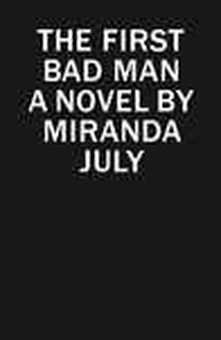
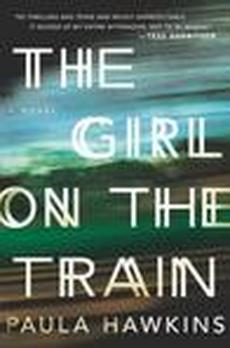

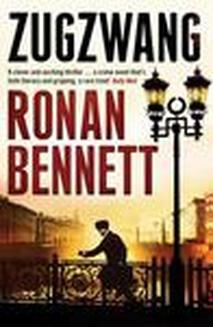
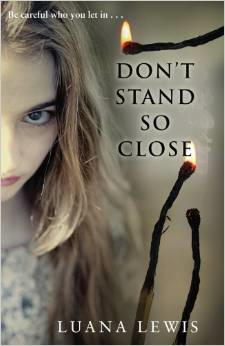
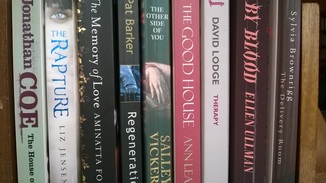
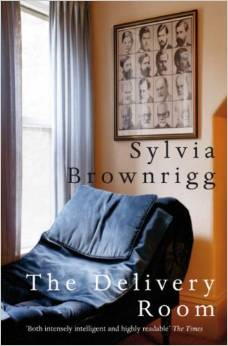
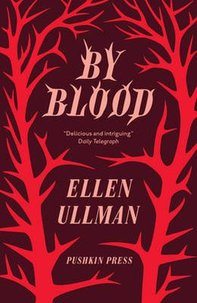
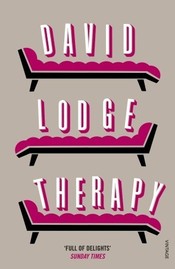
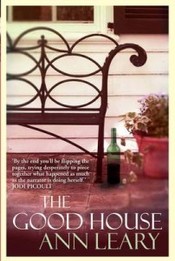

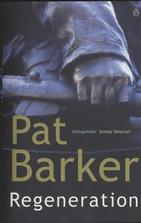

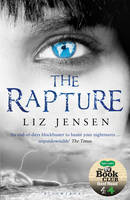
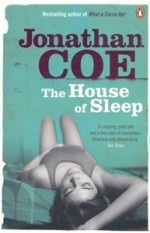
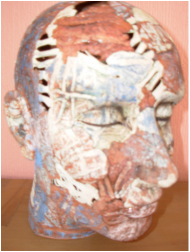





















 RSS Feed
RSS Feed





















